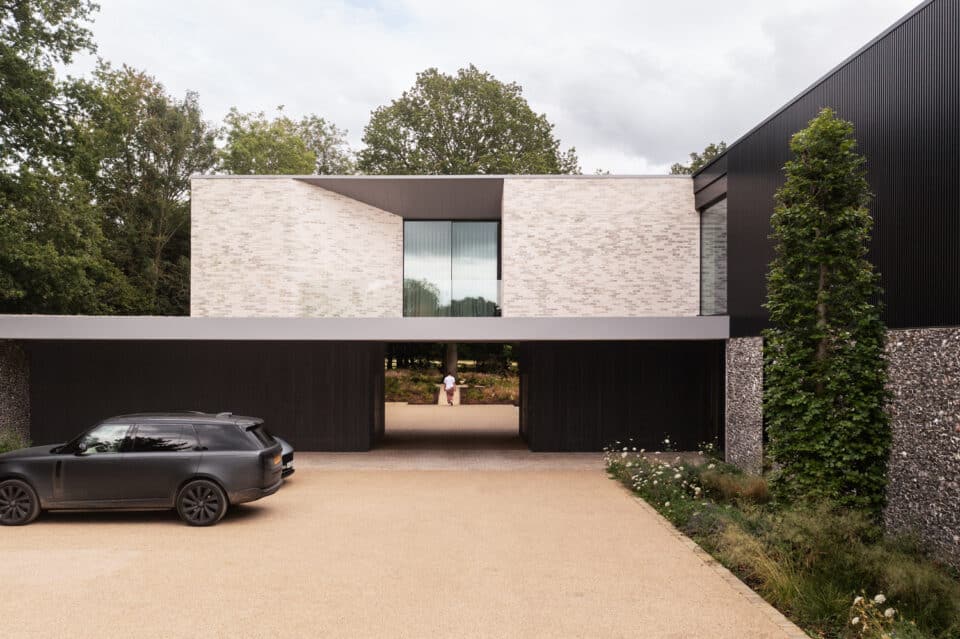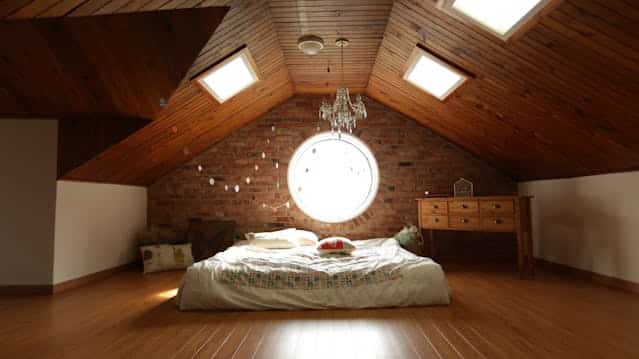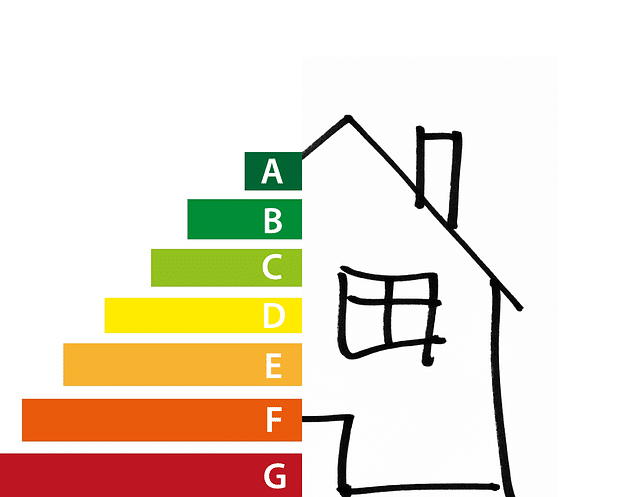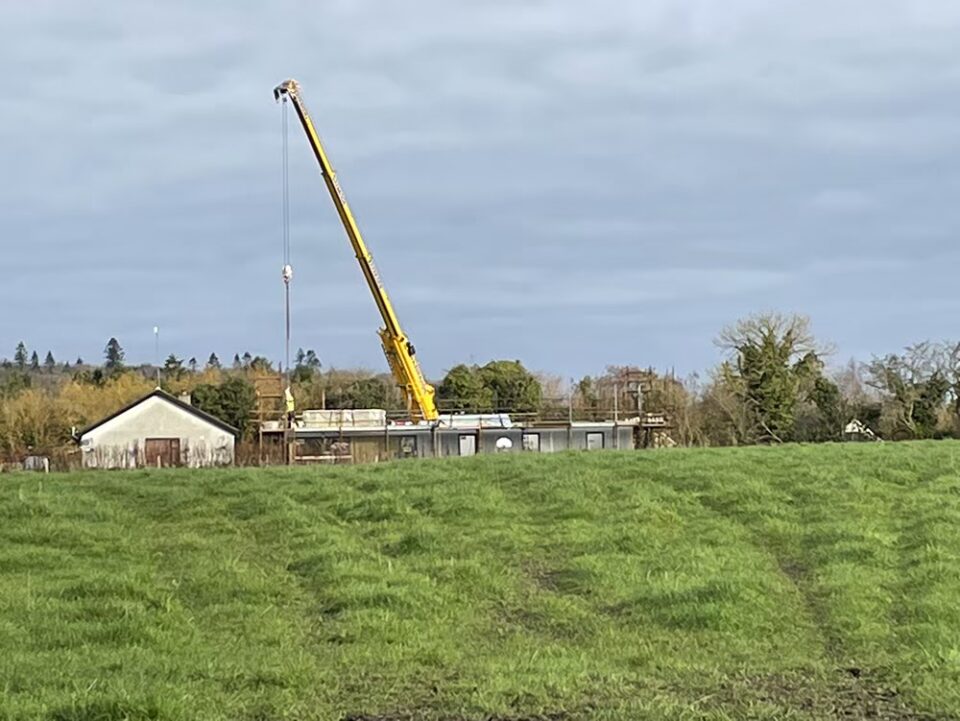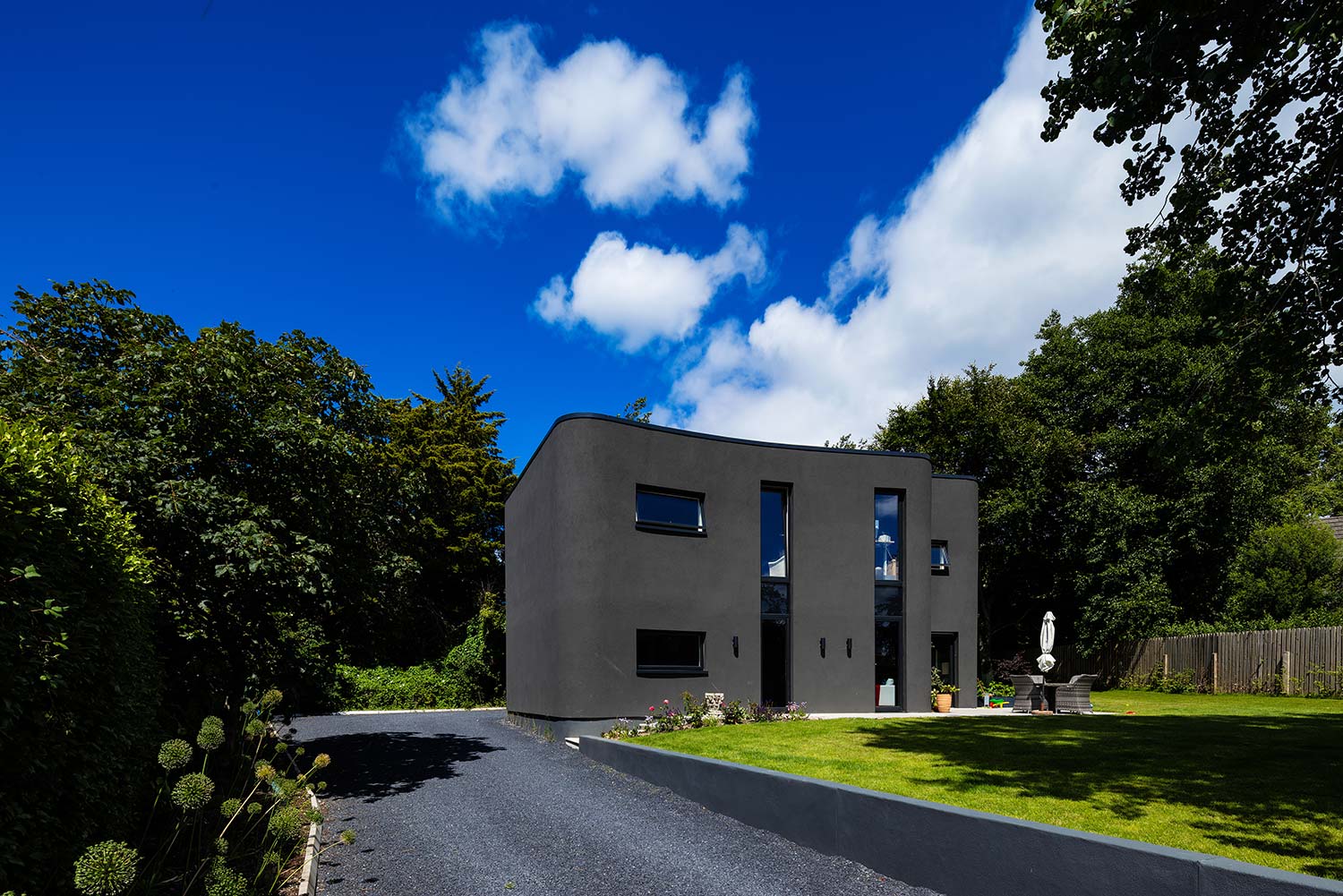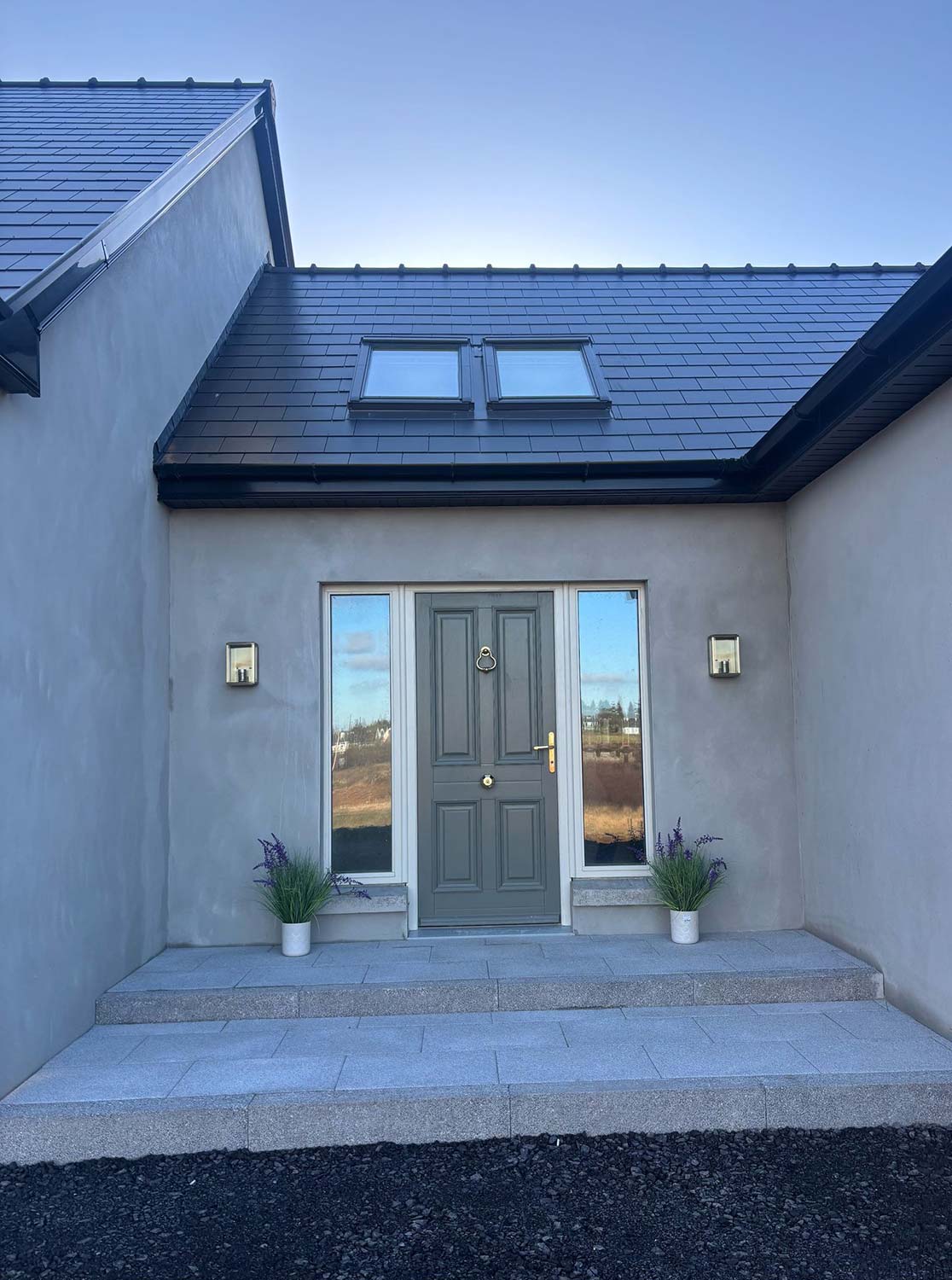Under Budget 2023, the Help to Buy scheme is extended to the 31st of December 2024 in its current form. The scheme helps first time buyers with their mortgage on a new build purchase or a self-build project. Revenue processes all applications; in the case of a self-build you will need a solicitor to submit some of the paperwork.
Despite the scheme having been extended over the years, it is expected to come to an end at the end of 2024.
According to review published on the back of Budget 2023, just 25 per cent of approved Help to Buy applications related to self-builds, the rest were for first time buyers buying a newly built house. Just over 8,000 self-builders benefited from the scheme since its announcement in 2016.
The Help to Buy review by Mazars consultants states that “over half of applicants who were self-builders that received HtB did not actually need the assistance to proceed” with their new home building project. The consultants recommended that self-builders should be excluded from the scheme, but the 2023 Budget has extended the supports in its current form.
According to the review of successful Help to Buy applications, the median house price for self-builds was €305,000 compared to a median of €330,000 for purchased new houses. The average price of self-builds, meanwhile, was €312,114 or 6 per cent less than purchased houses at €332,320.
Defective Concrete Products Levy
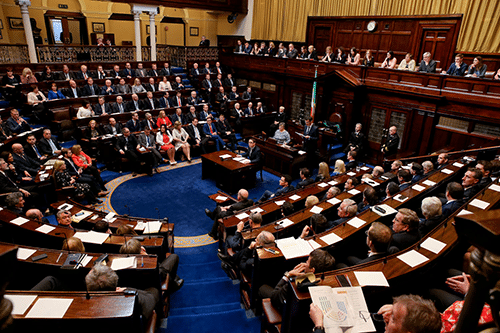
A new tax on concrete products will hit hollowcore concrete slabs, blocks, aggregates and poured concrete, to name a few.
The levy comes into effect on the 3rd of April 2023, will be self-assessed and amount to 10 per cent of the cost of the concrete product excluding VAT.
The Construction Industry Federation says this new concrete tax could add €1,100 to the cost of building a typical three bedroom private house plus another €1k+ for additional costs on enabling infrastructure. In total the measure could add €2,000 to €2,500 to build a typical house, the lobby group says.
The tax was introduced to partly offset the cost of the Defective Concrete Blocks (Mica) Redress Scheme. It applies to concrete products that are mostly used in the construction of buildings, of a structural nature, and products composed primarily of concrete.
There are 18 taxable products in total, all of which have a harmonised European standard they need to conform to. The full list of products subject to the new tax is available in Annex C of the Budget 2023 tax policy changes document.


